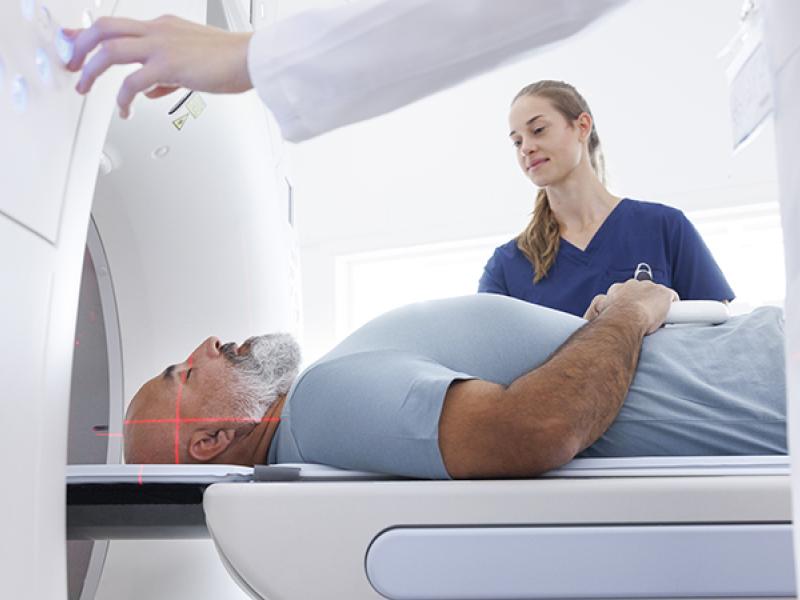Dear Colleagues,
As a Level I trauma center, our health system is prepared to care for patients with the most severe injuries 24/7. Our preparedness protocols were put into action earlier this week when an Amtrak train derailed on Monday afternoon in the rural Missouri community of Mendon. With more than 270 people on board the train, this accident required expert coordination to ensure that patients were treated as quickly and appropriately as possible.
Two of our helicopters responded directly to the scene to assist with patient transports. A multitude of other helicopter services responded with at least two others transporting patients. Our ambulance service provided two ambulances as part of the state mutual aid system and worked with local ambulance services to ensure that patients were transported appropriately.
After patients were transported via both ambulance and helicopter, we cared for 19 patients at University Hospital. I am immensely proud of how our teams responded to this influx of patients and how we served as a vital resource for our state.
I would like to share a glimpse into the work that goes into responding to an incident like this. We quickly established an incident command under the leadership of Josh Creamer, director of emergency services, to coordinate our response with other area agencies. Teams across MU Health Care took quick action to prepare for a patient surge. Here is just a sampling of some of the extra effort of our employees:
- Dr. Joshua Stilley, along with a resident and medical student, responded to the casualty collection point to provide on scene medical care and support. Our trauma center leadership coordinated with external partners to ensure that the most injured patients from the accident were transported to MU Health Care. The trauma team, OR and trauma surgeons were prepared and ready to provide our specialty level of care to incoming patients.
- Our emergency department initiated plans and called in additional staff to ensure readiness for a surge of patients from the accident while maintaining our high level of care for patients not involved in the incident seeking treatment.
- Our operating room teams coordinated plans to ensure ORs were ready to get patients into surgery as soon as they arrived.
- Nurses throughout the organization offered support by staying after their shift or volunteering to work to support our teams.
- Our patient logistics team worked with the inpatient teams to quickly discharge patients to allow for the potential surge.
- Members of our engineering services electrical team Lavelle Marshall, Clinton Painter and Duane Hardy responded to the helipad to help correct a refueling station issue to keep air ambulances fueled and flying as efficiently as possible.
- Our environmental services team ensured the rapid cleaning and turnover of patient care beds to expedite the discharging of current patients and admittance of incoming patients.
- Our security team helped set aside a dedicated room for family members, and employees such as Jodi Rush and Jeanette Lusky provided refreshments for the families and kept drinks and snacks replenished throughout the evening.
- Our patient experience team met with these patients and their families to provide them with meals, taxi services, Zoom calls with family, clothing and other necessities. Amber Lashley and Shelley White even worked with Kevin Marquardt to open the gift shop at University Hospital outside normal operating hours to provide phone chargers to patients. The patient experience team has also been rounding daily with patients and working with Amtrak’s nurse liaisons to assist in discharging and medication refills.
There is so much that goes into an emergency response like this. It is an excellent example of how our dedicated staff are well trained to respond in a time of crisis. Times like these bring out the best in each other, and I am immensely proud and thankful for every one of you who put in extra effort to care for these patients and their families.
Thank you, all!
Sincerely,

Rick Barohn, MD
Executive Vice Chancellor for Health Affairs and Hugh E. and Sarah D. Stephenson Dean, School of Medicine





